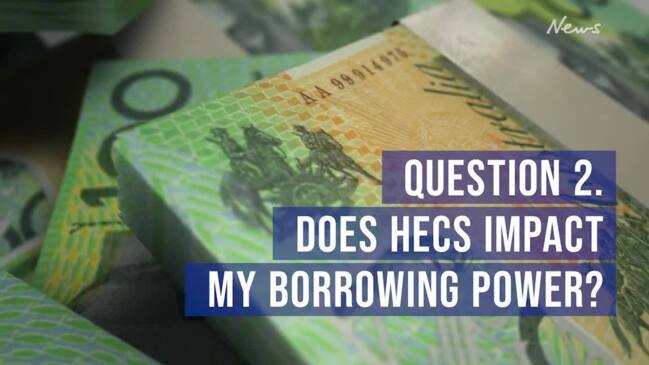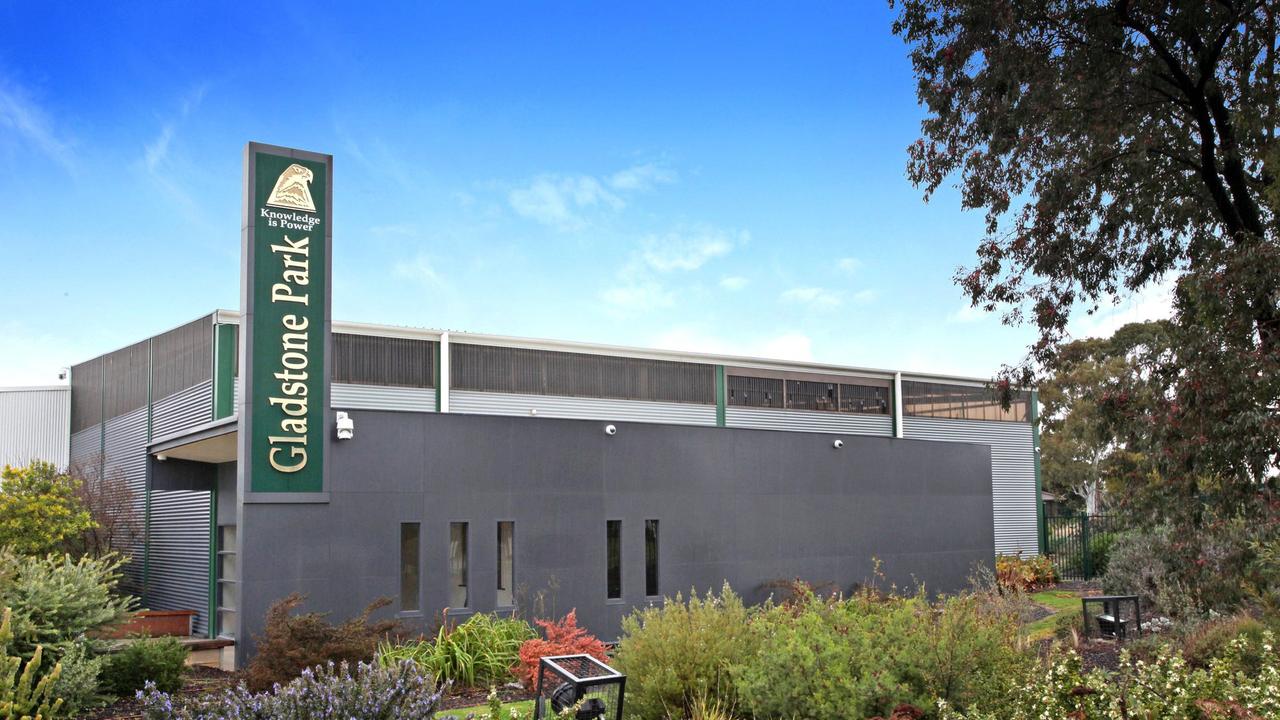HECS-HELP costs: Huge increase to student loan indexation
Thousands of students across Australia will soon be hit with a huge increase to their debt — and it will send some backwards financially.

The highest increase to student loan indexation in a decade will be saddling thousands of graduates with more debt than they are repaying, sending them backwards in the next financial year.
People with HECS-HELP loans can expect to see their amount owed increase by 7 per cent when loans are indexed to inflation on June 1. Anyone earning $62,738 or less will see their debt increase faster than they can pay it off, on a HECS debt of $23,685 – the national average.
Even higher income earners bringing in as much as $99,996 will be unable to match the rate of indexation on a $100,000 loan without making additional voluntary repayments.

USE THE CALCULATOR TO SEE IF YOUR HECS-HELP DEBT IS GROWING
Justin Joffe, co-founder of youth financial literacy platform Flux Finance, said many students are unaware of the impact their loans can have later down the line. HECS-HELP loans don’t accrue real interest like a bank loan which can give students a false sense of security, he said.
“I think that if indexation continues to grow over the next couple of years, and the repayments become really, really expensive, we’re going to have a lot of students who start to reconsider whether it’s actually worthwhile to go to university if they’re going to be saddled with so much debt when they come out of it,” Mr Joffe said.
The steep increase has sparked a call to freeze indexation, spearheaded by university and student unions and backed by the Greens in the form of legislation currently before the Senate.
At a public hearing on the bill in Sydney, Queensland University of Technology Student Guild representative Usama Shafiq argued students are “plagued” by the stress of indexation and the extra financial burden placed on them.
“The most concerning factor here is that students really are paying back their loans but despite their payments, the odds are stacked against them,” he said.
“Indexation means payments barely make a dent in the loans, and it’s also taken out of the weekly income … which is already not enough to make ends meet.”
The peak body representing Australian universities has cautioned against the calls to freeze indexation of HECS-HELP debts, noting such a measure would not directly impact household budgets. Repayment of loans is contingent on how much you earn, not how great the debt is.

“It’s true that because of CPI is increasing your student loan debt will get bigger over time, but you won’t pay more now,” said CEO Catriona Jackson.
“You won’t pay more in two weeks. You won’t pay more in a month. Your repayment period will just get longer. You’re not being hit like you’re being hit with a car loan or a house loan. It’s important to understand that.”
However, a spokesman from the University of Sydney confirmed it is a cause of concern for the institution.
“We share concerns about the burden and consequences of higher education loans for some students,” they said.
“Australia’s approach remains world-leading and helps millions of Australians to access higher education by removing tuition costs as an upfront barrier to participation – however indexation does lead to an increase in student debts and contributions.
“We hope these potential long-term consequences will be carefully considered by the universities Accord now underway.”
USYD students Toni Whitcombe and Audrey Mitchell were shocked to learn how much their debt would increase at the end of the financial year.
Neither are earning the threshold income for compulsory repayments, but both were concerned to find out their estimated $40,000 loans debts will increase drastically regardless.
“It really disincentivises you from doing like post grad in the future,” 22-year-old Honours student Ms Whitcombe said.
“I already have my HECS fees that I haven’t paid for my undergraduate courses. How can I do a postgraduate course in the future if I decide that I want a career change when I haven’t even paid off that?”
25-year old PHD student Ms Mitchell admitted her student loan debt had been the last thing on her mind.
“Everything we buy at the supermarket is more expensive, we’re told that we’re never going to buy a house in this generation … so HECS has just been pushed to the side and I’ve honestly completely forgotten about it,” she said.
“(The increase) really means you can only do postgraduate if the government pays for it via a stipend. It’s absolutely impossible.”





